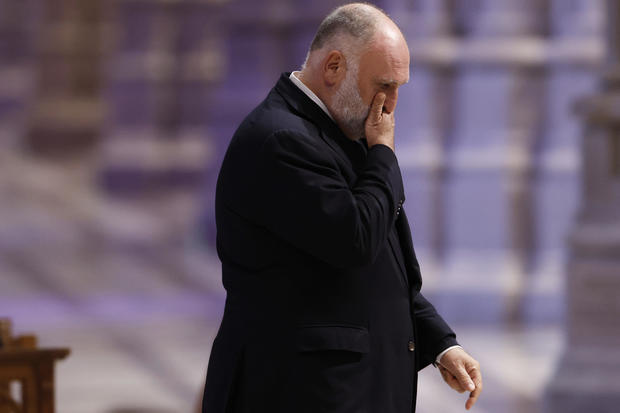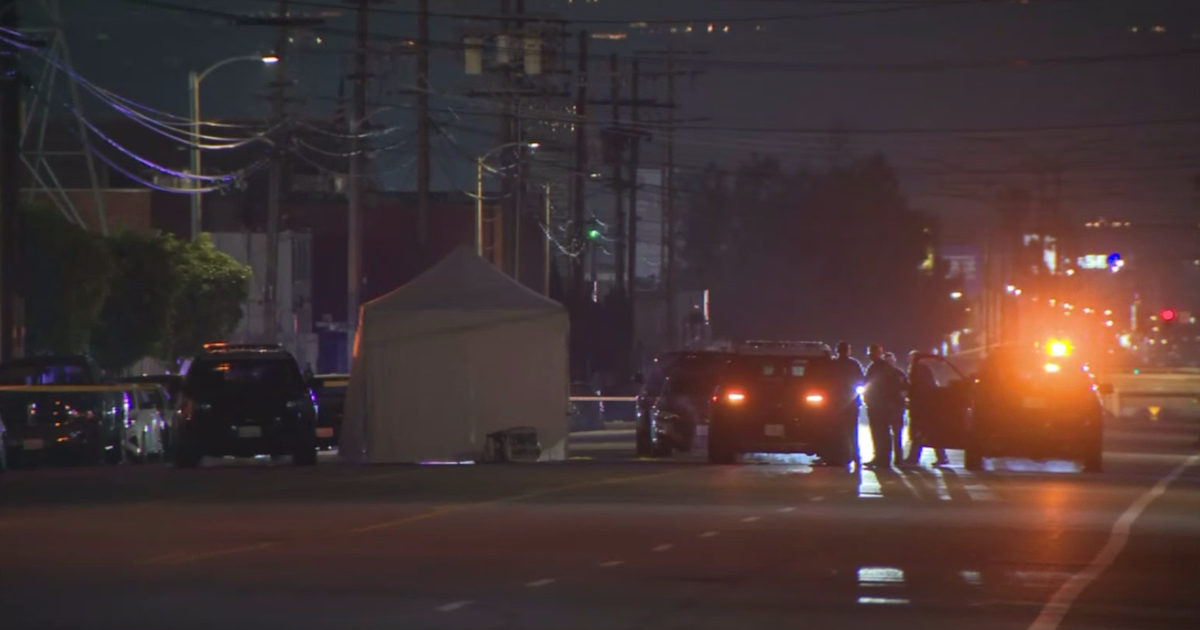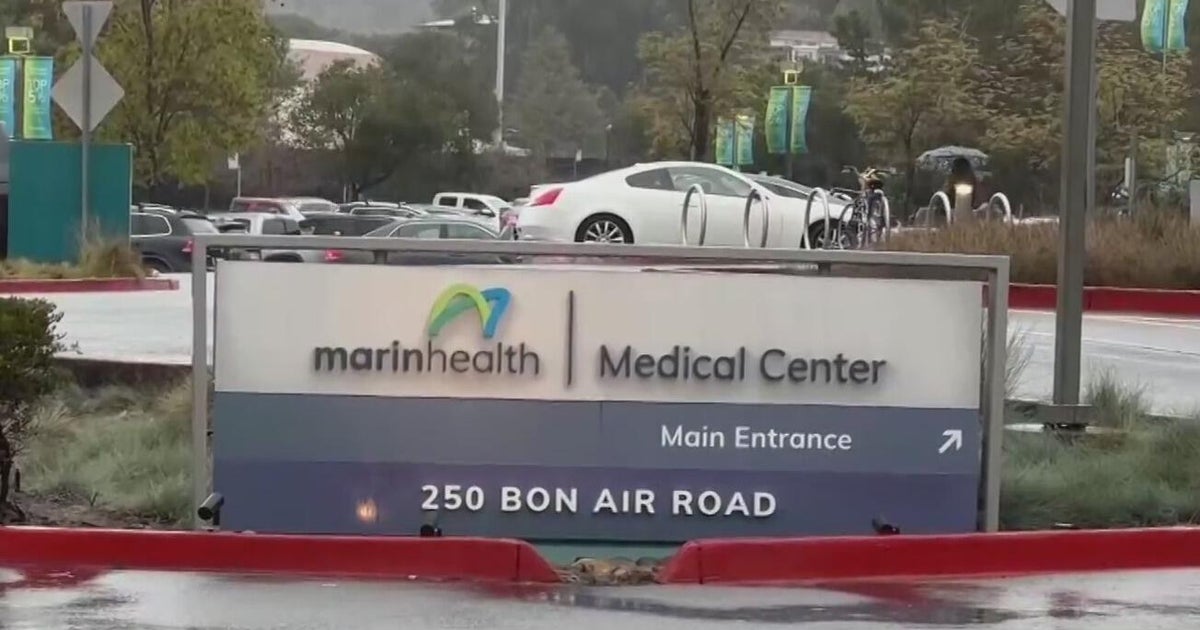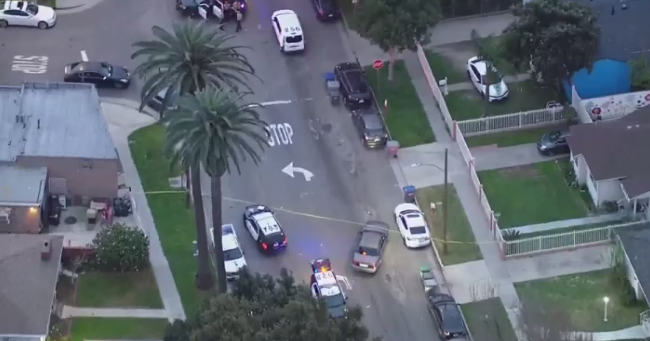World Central Kitchen resuming Gaza operations weeks after deadly strike
World Central Kitchen will restart its operations in Gaza four weeks after seven aid workers were killed by Israeli air strikes, the organization announced on Sunday.
The nonprofit, founded by celebrity chef José Andrés, suspended its operations delivering vital food aid in Gaza after the killings. Before the April 1 strike, which killed seven World Central Kitchen aid workers, the organization had sent around two tons of food to Gaza. The organization has 276 trucks, filled with the equivalent of almost 8 million meals, ready to enter through the Rafah crossing in southern Gaza.
"The humanitarian situation in Gaza remains dire," World Central Kitchen said in a statement. "We are restarting our operation with the same energy, dignity, and focus on feeding as many people as possible."
World Central Kitchen said food will be sent in by whatever means possible, including land, air and sea. The organization has dozens of community kitchens along with high-production kitchens in the Gazan cities of Rafah and Deir al Balah. Construction on a third high-production kitchen in Mawasi is underway.
"WCK has built a strong team of Palestinians to carry the torch forward," the organization said. "Our model has always been to work hand in hand with the community: Puerto Ricans feeding Puerto Ricans; Moroccans feeding Moroccans; Ukrainians feeding Ukrainians; and now, Palestinians feeding Palestinians."
U.S.-Canadian dual national Jacob Flickinger, 33, was among those killed in the April 1 incident. The other WCK staff members killed in the attack, which Israel's military called a "grave mistake," were identified as Palestinian, British, Polish and Australian nationals.
The Israeli military on April 5 announced that it dismissed two officers and reprimanded three others for their roles in the deadly drone strikes, saying they had mishandled critical information and violated the army's rules of engagement.
"The incident should not have occurred," the IDF said in a statement summarizing retired general Yoav Har-Even's seven-page findings. "Those who approved the strike were convinced that they were targeting armed Hamas operatives and not WCK employees. The strike on the aid vehicles is a grave mistake stemming from a serious failure due to a mistaken identification, errors in decision-making, and an attack contrary to the Standard Operating Procedures."
WCK noted the IDF had apologized and said they had changed their rules of operation.
"While we have no concrete assurances, we continue to seek answers and advocate for change with the goal of better protecting WCK and all NGO workers serving selflessly in the worst humanitarian conditions," World Central Kitchen said Sunday. "Our demand for an impartial and international investigation remains."
People across war-torn Gaza are starving. A third of children under the age of two in Gaza are currently acutely malnourished, according to the U.N. children's charity UNICEF. International aid agencies say over 1 million people — half of Gaza's population — are now in the midst of a famine. World Central Kitchen noted that it had been forced to decide between stopping aid during a hunger crisis or resuming aid, knowing that aid workers would be at risk.
"These are the hardest conversations and we have considered all perspectives when deliberating," WCK said. "Ultimately, we decided that we must keep feeding, continuing our mission of showing up to provide food to people during the toughest of times."
Israel has accused Hamas of preventing at least some of the aid that has entered Gaza from reaching the people who need it.








